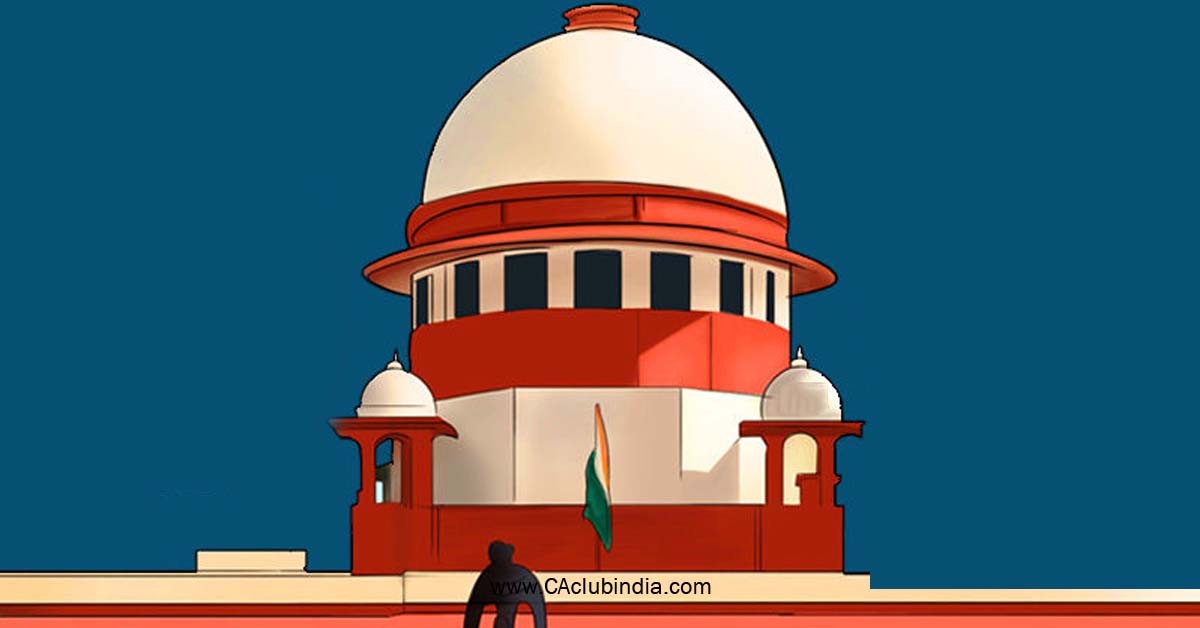In a significant development in the ongoing legal battle concerning the permission for filing revised returns under the GST regime, the Union finance ministry, GST Council of India, and the Central Board of Indirect Taxes and Customs (CBIC) have reportedly failed to file their replies within the mandated 30-day period. The matter was presented before the esteemed double bench of the Supreme Court, presided over by Justice BV Nagarathna and Justice Ujjawal Bhuyan on Monday.
The case took a noteworthy turn on October 20, 2023, when the double bench issued notices to the concerned respondents, urging them to submit their replies within 30 days. This meticulous legal process exemplifies the court's dedication to a thorough examination of the matter, emphasizing the importance of due diligence in the proceedings.

As of November 20, none of the three respondents had filed their replies, prompting a senior advocate to take the initiative and file a petitioner in person (PIP) before the court. The legal move, aimed at seeking permission for filing revised returns under the GST regime, underscores the urgency and significance of the matter at hand.
The petitioner, in his submission, drew attention to the demand for allowing GST taxpayers to file revised returns, a practice analogous to other tax regimes and the previous indirect tax system. This plea highlights the need for flexibility and adaptability in the GST framework to ensure fair treatment for taxpayers.
Expressing concern over the lack of response from the respondents, the senior advocate stated that he intends to present an oral submission before the court. This step is indicative of the determination to ensure that the court is adequately informed about the petitioner's stance and the urgency of addressing the matter promptly.
As the legal proceedings unfold, this case becomes a focal point for discussions on the procedural intricacies of the GST regime and the extent to which taxpayers can seek relief through revised returns. The Supreme Court's vigilance in issuing notices and its commitment to due process signal a pivotal phase in the ongoing legal discourse surrounding GST regulations. The outcomes of this case are anticipated to have far-reaching implications for the GST framework and its implementation in the country.




 CAclubindia
CAclubindia

